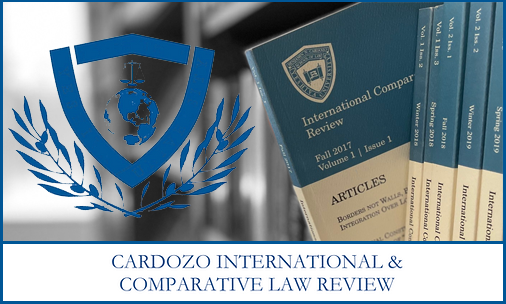Document Type
Blog Post
Publication Date
11-17-2022
Abstract
As technological developments in artificial intelligence (AI) develop, so have questions as to what AI’s role should be within the larger universe of intellectual property. For instance, in U.S. patent law it is normally the person who conceives of the invention who has the right to be named the inventor of the patent and thus afforded patent protection. “Conception” requires an inventor to have a specific solution to a problem and is considered to be accomplished only when the idea is so clearly defined in the inventor’s mind that “only ordinary skill would be necessary to reduce the invention to practice, without extensive research or experimentation.” However, some AI have advanced to the point where they can currently conceptualize and produce inventions with minimal help from humans. Computer scientist Dr. Thaler brought this issue to the national level when he filed two patent applications in seventeen different countries listing his AI software, the Device for the Autonomous Bootstrapping of Unified Sentience (DABUS), as the sole inventor.
This post was originally published on the Cardozo International & Comparative Law Review on November 17, 2022. The original post can be accessed via the Archived Link button above.
Recommended Citation
Batterman, Sarah Alexandra, "Can Artificial Intelligence be Inventors under Current Patent Law?" (2022). Cardozo International & Comparative Law Review (CICLR) Blog. 62.
https://larc.cardozo.yu.edu/ciclr-online/62



